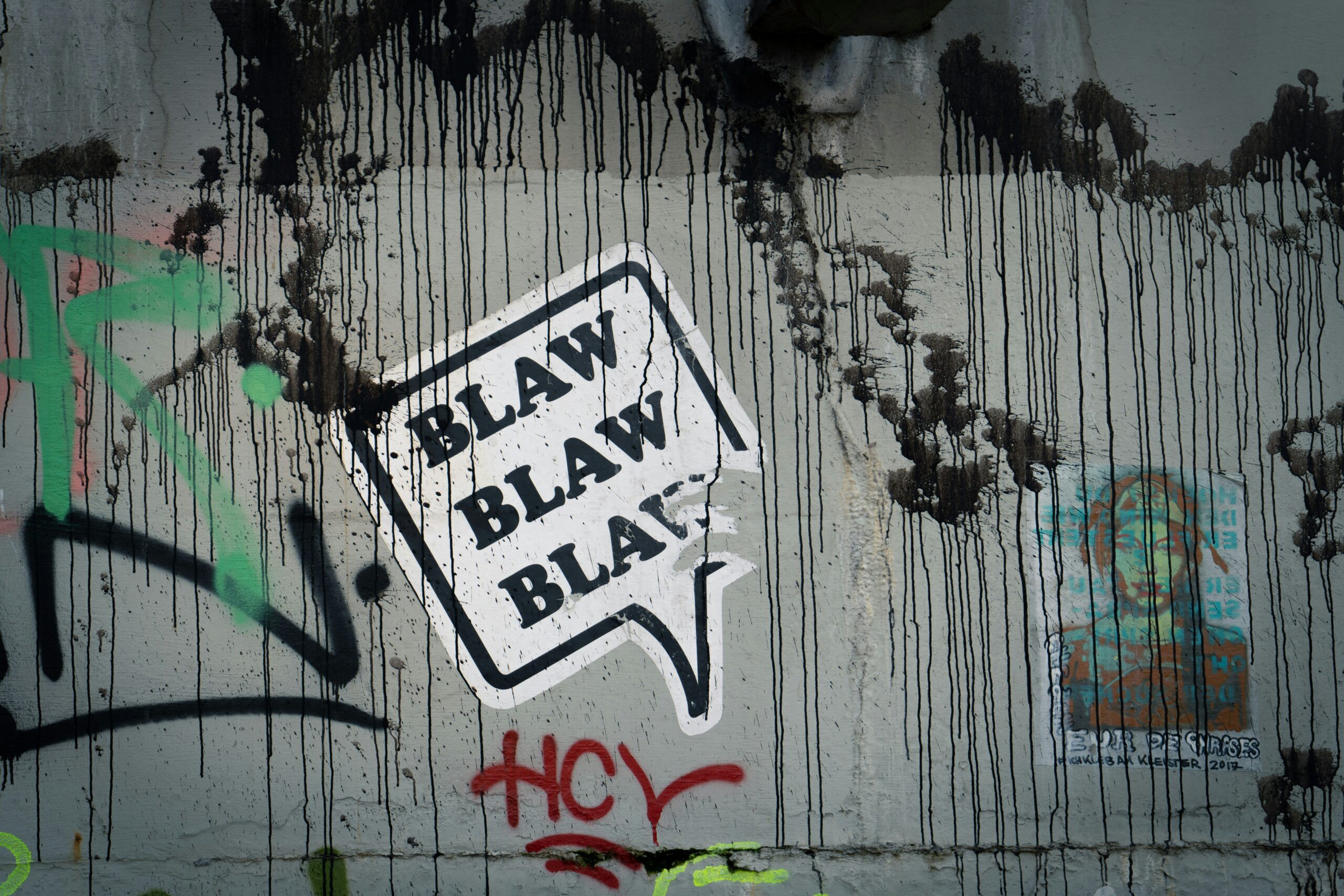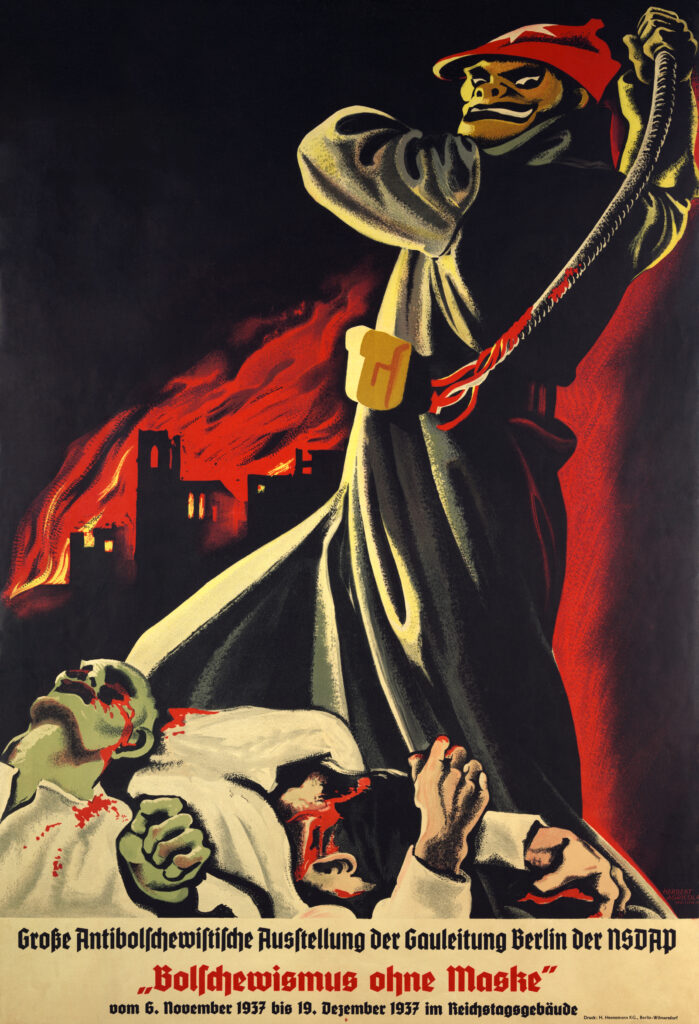Bad Language
In part one, I looked at how numerous authors and organisations attempted to rein in English to create one cohesive and comprehensible form. Their intentions were invariably good- to facilitate understanding and aid in education. Yet, even here they also created barriers for some and power for others. Even the best laid schemes will have their flaws.
Class division
Perhaps one of the most subtle and erroneous effects of creating a ‘right’ way to speak and use English was to strengthen those barriers erected by class. The educated, middle and upper classes could flag their superiority over others simply by opening their mouths. The working classes would despise them for it and vice versa.
It is impossible for an Englishman to open his mouth without making some other Englishman hate or despise him.
George Bernard Shaw
Such prejudice serves neither group well.

Image: Photo by Mika Baumeister on Unsplash
Unfortunately, until quite recently, it was fair to assume that the top jobs went to those who spoke ‘properly’. Parents often invested in elocution lessons or private schooling to ensure that their children would. In a world where these things matter, such action is entirely understandable. And though there is a penchant for Estuary English (think East Enders) amongst DJs and celebrities, it is unlikely to appear much in the Houses of Parliament.
And it is not merely accent. Our vocabulary too can be weaponised to exclude or make others feel stupid. If our sentences are littered with foreign phrases, Latin or technical terms, we are either speaking with peers or brandishing our linguistic skills as a sword to cut others down.
A doctor who tells a patient that he has a contusion, is unlikely to enlighten her. One who says it is just a bruise, will.
Tired of endless gobbledygook in all aspects of documents from legal letters to NHS ones, Chrissy Maher founded the Clear English Campaign in 1979 with the intention of making English intelligible to all.
Here’s an example of unclear English:
Any reference to a specific statute include any statutory extension or modification amendment or re-enactment of such statute and any regulations or orders made under such statute and any general reference to “statute” or “statutes” include any regulations or orders made under such statute or statutes.”
(Paragraph within a letter from a solicitor’s firm) Plainenglish.co.uk
?????????

The use of legalese, for example, is a notorious abuse of the language, forcing clients to rely on their solicitor’s interpreting skills and boosting his fees. In defence of lawyers (pun intended) absolute precision is required in legal documents – but precision does not obscure meaning.
Language can also become a tool to discriminate against and belittle minority groups. Again attempts have been made to correct this, but currently there are fears that things have gone a bit too far.
Sticks and Stones
As a child, I would chant the popular rhyme, ‘Sticks and stones will break my bones, but names will never hurt me,’ whenever someone made a mean comment. But this was just bravado. Name calling does hurt – especially if it refers to something which sets us apart.
In the 1970s, the term political correctness was formed. People began to challenge the right to being sexist, homophobic etc in ways that no-one had really considered before. The British hit comedy TV show, Till Death Do Us Part now comes with a ‘disturbing’ notice for the viewer on YouTube. In the 1960’s, it was mainstream television.
Much of what this loose, language movement has achieved is admirable. Words such as chairman, fireman and so on have been made gender neutral allowing girls to think that this is something to which they can aspire. Insulting language based on race, religion, disability or sexual orientation is no longer acceptable. All this is great.
The only problem is that occasionally, minority groups use ‘correct language’ themselves as a means to shame those they disagree with. Some sort of balance needs to be found before we fall into farce.
Doublespeak
Unlike the Scottish government’s intention to eradicate hate speech, other governments have used language to generate hatred (propaganda) or to obscure their actions – sometimes inverting meaning. George Orwell in his classic 1984 takes the concept of doublespeak to it’s extreme.
“War is peace.
Freedom is slavery.
Ignorance is strength.”
― George Orwell, 1984
If this seems fanciful, the modern examples of ‘killed by friendly fire’ and ‘alternative facts’ (lies) are no different.
Spreading falsehoods to achieve ones ends is, sadly, nothing new. Nazi Germany excelled in this area. Through a relentless hate campaign, the Nazis successfully dehumanised and vilified the Jews to the extent that ordinary citizens became complicit in killing them. For an interesting and in-depth look at language and propaganda, click here: https://english.elpais.com/society/2022-12-04/how-nazi-propaganda-dehumanized-jews-to-facilitate-the-holocaust.html#
And of course, Jews were not their only target, communists, homosexuals and Romany people all came under attack and suffered equally.

Images and language combine for the most potent effects, which is why the media is the perfect vehicle for transmission.
Media aware
The 21st century has seen an explosion of news and information sites. The interconnectivity of the World Wide Web allows content sharing at its finest and its worst.
Fake news, propaganda and misinformation all swirl in the same pool that we call the media. Add AI generated material and digital manipulation and sifting the truth becomes a Herculean task.

Yet, establishing what sources of information we can trust is vital for a healthy democracy. How else can we vote with conviction?
The first problem that we encounter is the fact that all media outlets are driven not by a desire to inform but to raise revenue via advertising. The more readers; the more revenue. The more sensational the story; the more readers. You can see where this is going.
High quality outlets are generally less obviously skewed by this, but we should bear in mind that they are not immune from the effects of it either.
So how can we select what is fact and what is mere manipulation? Our first task is to identify the kind of language that the paper uses. If it is highly emotive as in the headline above (rescue), reader beware. Language that sets our pulses racing and our blood pressure rising is invariably suspect.
The length of an article is also a good measure of its seriousness. Reduction always involves an abbreviation of information, which in itself simplifies, losing nuance and explanation.
Limiting ourselves to publications that reflect our political beliefs may be comfortable but purely reinforces them. Reading what the other side has to say is enlightening and, if nothing else, helps us understand the views of those we oppose.
All this takes time.
And I’ve already taken a good deal of yours reading this (though I have edited out as much as I’ve put in). Our time is precious; yet language too is precious in formulating and expressing our thoughts. Take your time and use it wisely.
Next week, I’ll look at using the power of language to create positive outcomes.
